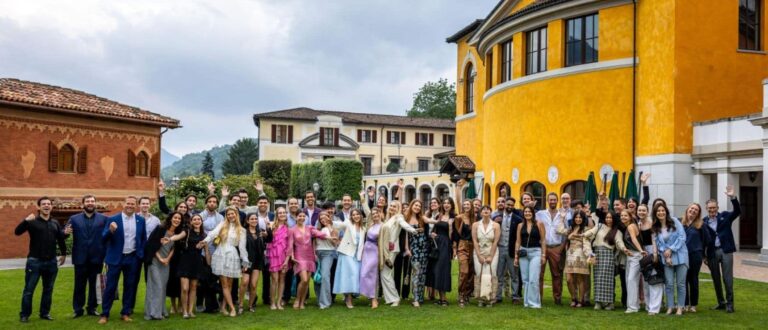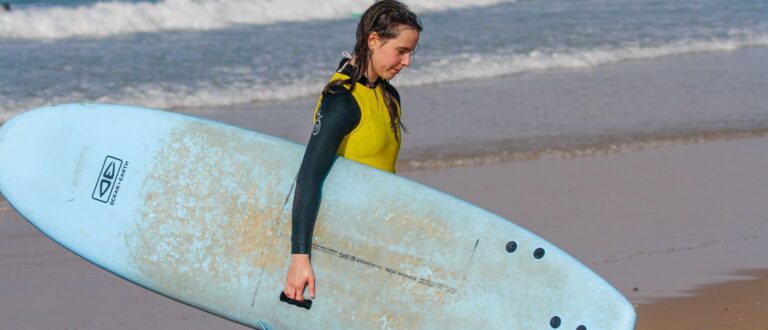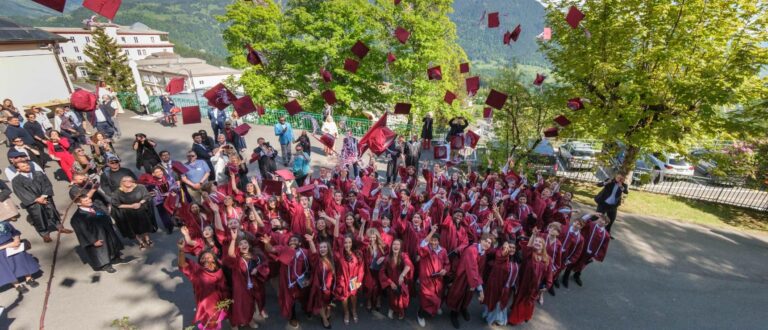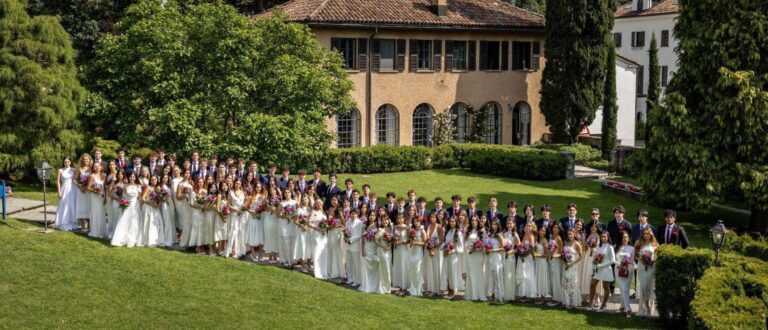In this blog post, we explore how different cultures view objects and what this can teach us about their cultures.
Here at Leysin American School in Switzerland, we encourage our students to learn as much as possible about different cultures to nurture their development as they become compassionate global citizens. Cultural understanding broadens our horizons and creates inquisitive lifelong learners with knowledge and understanding of varied and nuanced cultures worldwide. Naturally, this cultural sharing and knowledge is facilitated through our diverse international community, but how can we encourage this cultural sharing and learning even further through our curriculum?
This semester, one of our IB Theory of Knowledge (TOK) classes discussed the idea of culture and how we can gain knowledge about different communities worldwide. TOK is a compulsory core element of the IB program that allows students to reflect on the nature of knowledge and how we know what we claim to know. The class discussed this concept by exploring how knowledge manifests in the world around us in the form of cultural objects.
Students were asked to bring in one or two objects of significance to their culture. These tangible objects facilitated a discussion on where cultural knowledge comes from and what understanding we can gain from these objects about communities around the world. The students enjoyed the class, as it allowed them to share their cultures with others, a value that is at the core of LAS.
The TOK students discovered that many objects have hidden meanings about different cultures. These messages sometimes resonate with people from all over the world, while others only resonate with members of that cultural community. An extensive range of objects were brought in by students, such as classical dance anklets from India, an excerpt from a Polish musical composition, a physics exercise workbook in Chinese, spiced garlic from Ukraine, an Indonesian flag, and many more.
At LAS we prioritize education that gives our students a broader worldview, as this creates innovative, compassionate, and responsible citizens of the world. Learning experiences like these help students link theoretical concepts to tangible objects, and it was incredibly interesting to see how these items allow us to understand other cultures and question our ideas surrounding them.







